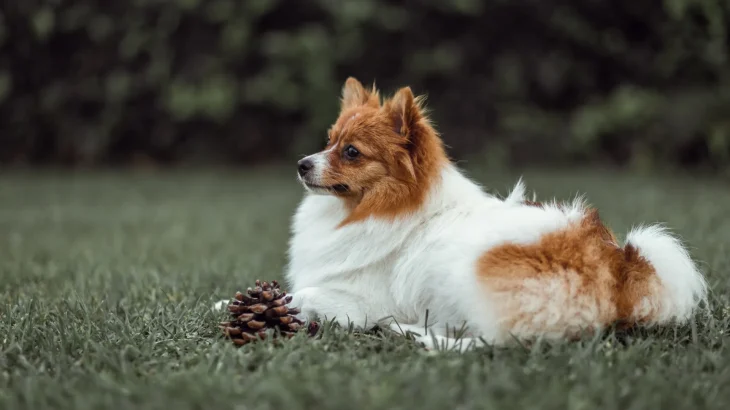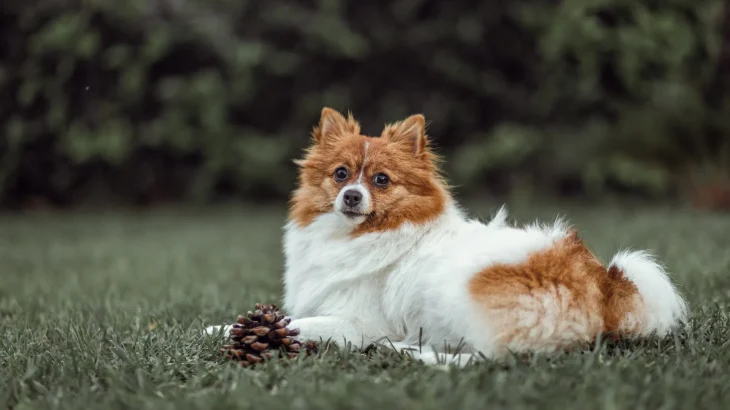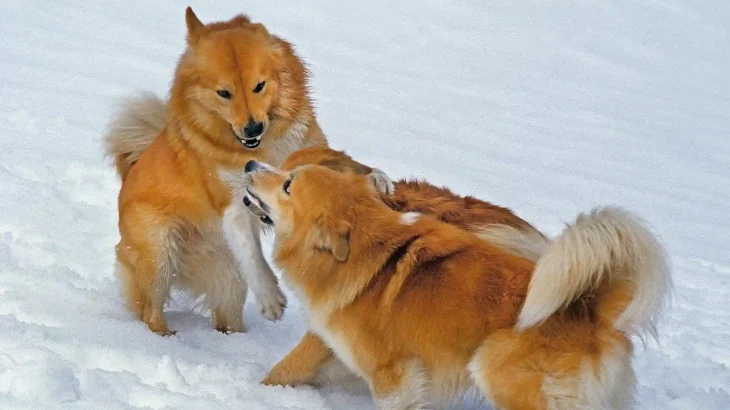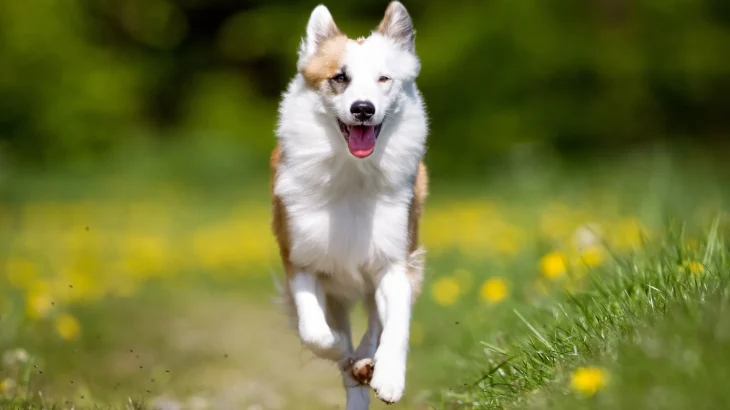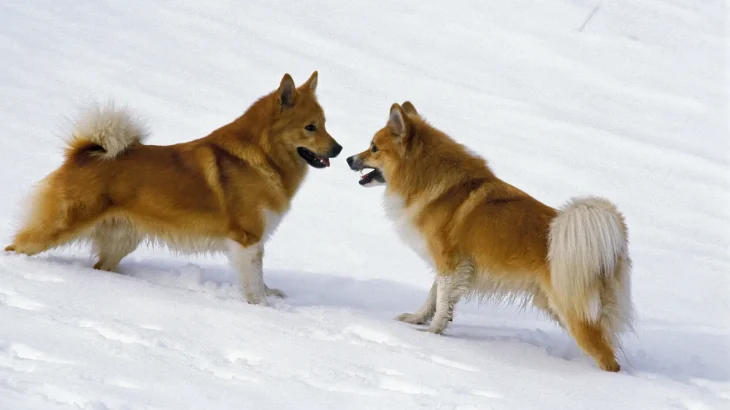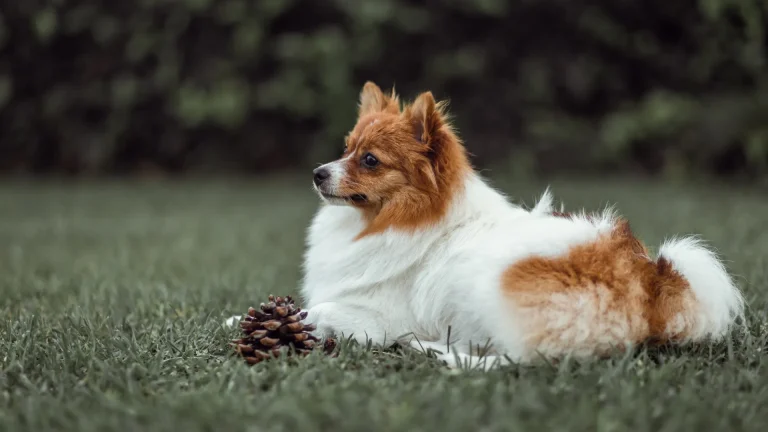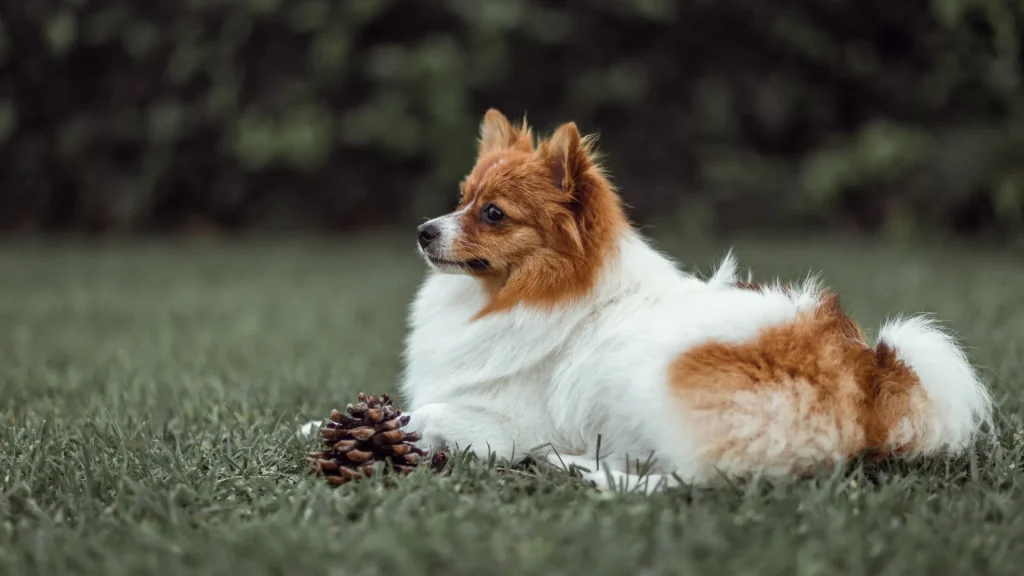Deciding whether to adopt or buy an Icelandic Sheepdog puppy depends on what matters most to you as a future dog owner. Purchasing from a breeder can offer more certainty about the dog's background and health, while adoption often gives you the rewarding chance to provide a home to a dog in need. Each path has distinct advantages and considerations tailored to this specific breed.
Adoption vs. Breeder: Pros & Cons
| Criteria | Buying from Breeder | Adopting from Shelter/Rescue |
|---|---|---|
| Cost | Typically higher (several hundred to a few thousand dollars) reflecting purebred status and breeder care. | Lower adoption fees; usually more affordable overall. |
| Health History | Comprehensive health records and genetic screenings to reduce inherited disorders. | Health background may be incomplete; dogs usually get basic veterinary care. |
| Age Availability | Mostly puppies, allowing socialization from a young age with breed-specific traits. | Wide age range, including adults, who may already be trained or socialized. |
| Temperament Insight | Breeders provide detailed lineage temperament, aiding in behavior prediction. | Shelters share observations but less certainty on inherited temperament. |
| Supporting Practices | Supports breed preservation via ethical breeding programs. | Helps animal welfare by giving dogs a second chance. |
| Breed Purity & Pedigree | Clear purebred lineage with official documentation. | Mixed or unknown lineage common; less emphasis on pedigree. |

